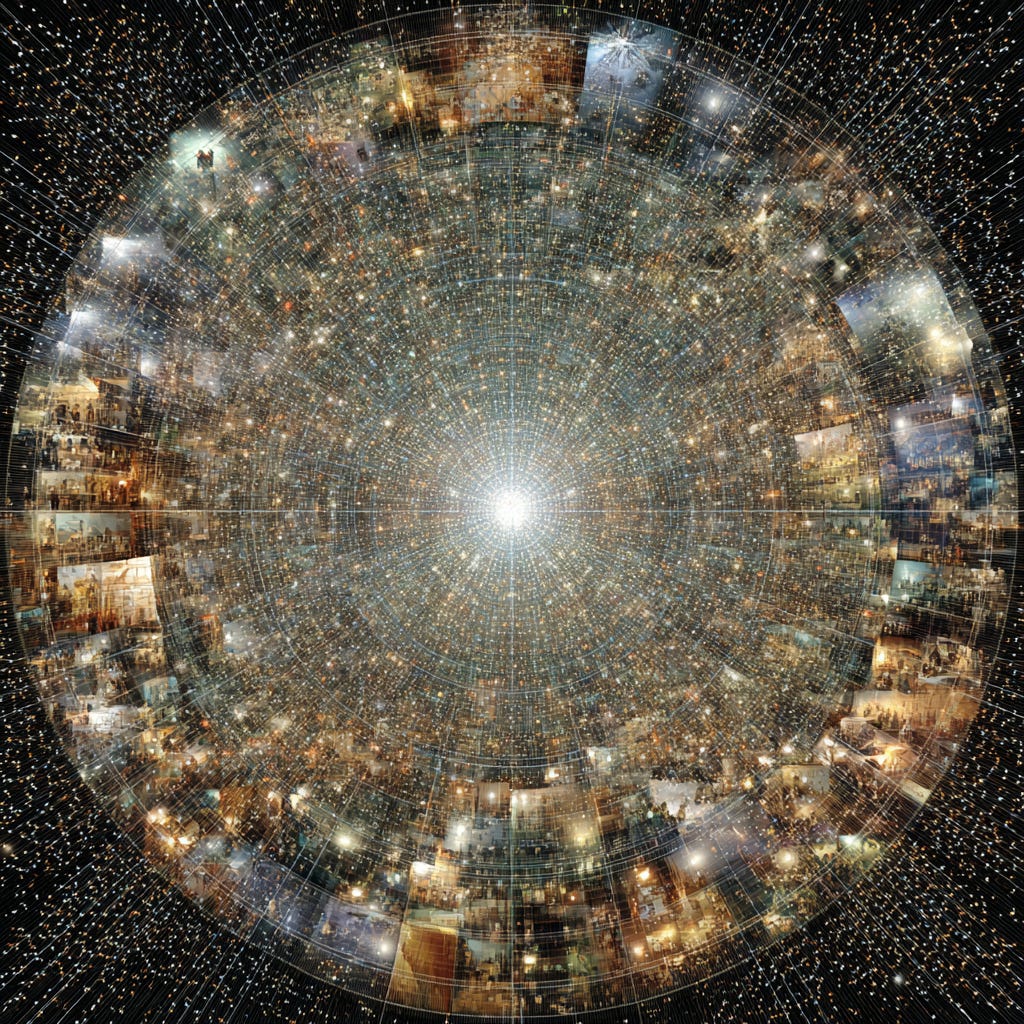
My post on Neutrality was kind of abstract, and I think it’s time to do a follow-up that’s more concrete.
Specifically, the place where I think there’s something to be done is in information technology, and the ways it shapes the perceived “world”.
One way of looking at this: we had the institutional media era in the 20th century (newspapers and magazines, book publishers, broadcast television and radio), then the “Web 2.0” era of blogs and social media as more and more of the world joined the Internet, and now we may be at the beginning of a new information paradigm that’s mediated by LLMs.
Some people are interested in making that new information paradigm “good” in some sense.
As I said earlier:
[most media & internet tech today] just isn’t prepared to do the job of being, y’know, good.
in the sense that a library staffed by idealistic librarians is trying to be good, trying to not take sides and serve all people without preaching or bossing or censoring, but is also sort of trying to be a role model for children and a good starting point for anyone’s education and a window into the “higher” things humanity is capable of.
Ideally we would like information/media that, on balance:
is true, not false
is honest, not deceptive
is high quality, not slop
makes people smarter, not stupider
promotes agency, not passivity
is uplifting, not degrading
promotes maturity and wisdom, not arrested development or insanity
and yet, we also want to avoid overcorrecting towards censorship, bias, priggishness, or overly narrow conceptions of The Good.
Part of what I was talking about in the earlier post is what it even means to strike that balance of “neutrality” and what a realistic, possible version of it would be. It’s impossible to be “neutral” towards all things, but you can be relatively neutral in a way that effectively serves people coming from many perspectives.
This is a good moment to think about what we want the “new world” to look like.
LLMs are new enough that there’s still an early tinkering dynamic going on, with promising tools being built to suit thoughtful power users; but there’s also a big push towards sloppy, lowest-common-denominator stuff that can have worrisome effects (widespread cheating in school, sycophancy distorting people’s worldviews, declining literacy and attention spans).
The “new world” hasn’t been fully built yet, which means it’s not set in stone. It’s possible for it to be better than the Web 2.0 world.
But that’ll take some work. Going from platitudes to products is the hard part; articulating vague aspirational senses into more specific priorities, and then concretizing them further into policies, protocols, and code.
I imagine this “wants to be” a workshop/conference or even a series of them, in which people who are already roughly in this space come together to share & debate ideas and nucleate new projects.
Under the cut, some examples and archetypes of the people and technologies that seem to belong in this overall “technology for thinking” space:



